The United Arab Emirates (UAE) is a global business hub and a safe haven for capital from around the world. Its modern technology, transparent legislation, lack of currency controls and high standards of banking services make it one of the most attractive jurisdictions for opening personal and corporate accounts.
Types of banks in the UAE and their features
Banks in the UAE are divided into three types:
- National banks are the largest and most popular financial institutions in the country.
- Popular examples include Emirates NBD, First Abu Dhabi Bank and Abu Dhabi Commercial Bank. They offer a wide range of services, from opening personal and corporate accounts to various investment products.
- Islamic banks operate according to Sharia law, meaning they do not charge interest or invest in tobacco, alcohol or gambling. They are suitable for those looking for alternative financial products with a religious dimension. Examples include Dubai Islamic Bank and Abu Dhabi Islamic Bank.
- Foreign banks — including branches of HSBC, Citibank, Standard Chartered and Bank of Baroda — operate in the UAE. These are often more convenient for conducting business outside the Emirates.
The UAE's banking system is regulated by its Central Bank, which strictly controls the issuance of licences, compliance with international standards, and anti-money laundering measures. This ensures a high level of trust from both local customers and international investors. Banks in the UAE have flexible opening hours. Branches are usually open from Monday to Saturday, are closed on Sundays, and have a shortened working day on Fridays. The working day typically begins at 7–9 a.m. and ends at 12–1 p.m., though some banks may remain open until the evening. Opening a personal account is straightforward for both residents and non-residents. The UAE is one of the few countries in the world where banking services are available to both, although the conditions differ.
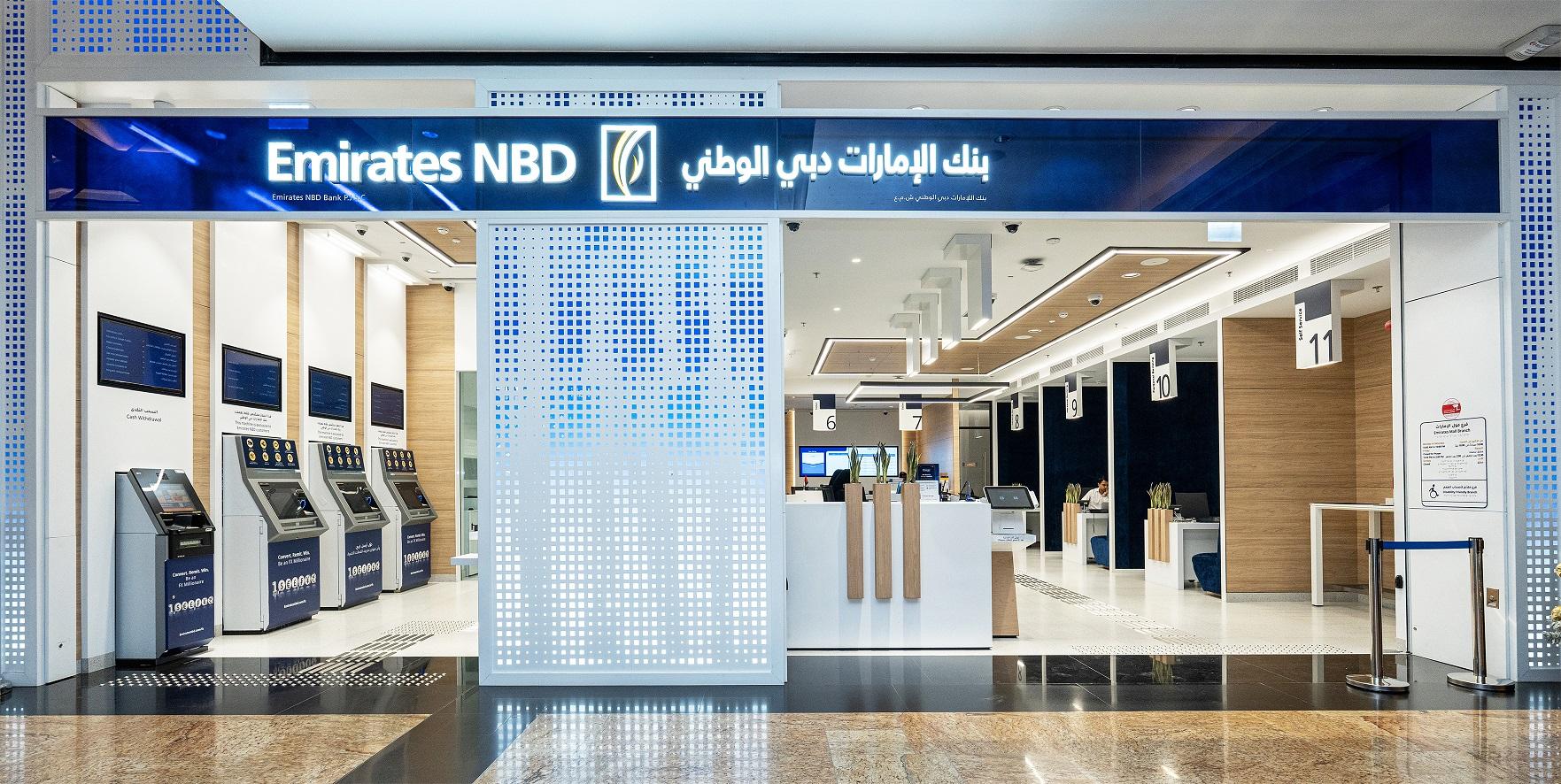
How to open a personal account: residents and non-residents
For UAE residents, bank accounts are available almost instantly. With an Emirates ID and a valid passport, you can open an account remotely via a mobile app or the bank's website. The process takes from a few hours to one business day. Many banks have automated their KYC procedures, allowing customers to verify their identity with a video selfie or by scanning their documents.
Non-residents can also become customers of UAE banks, but the account opening procedure is more complicated for them. As well as a passport, they will need to provide additional documents, such as proof of income, a statement from a foreign account, justification for opening an account and proof of residence in the UAE (e.g. a utility bill). Non-residents can usually only open a savings account, and the number of transactions permitted on it may be limited. They are not eligible for a cheque book. An account for a minor can be opened by the father or official male guardian. In order for a mother to open an account, she will need a power of attorney from the child's father or guardian.
Usually, the child gains access to the account once they reach the age of 18 or 21, though some banks may issue debit cards earlier. Parents do not have the right to withdraw money from their child's account. The type of account usually depends on the financial needs of the bank's client. A current account is ideal for everyday transactions such as paying rent, receiving salary transfers and making everyday purchases. Savings accounts are used to accumulate funds and earn interest — they can be held in dirhams, dollars, euros or other currencies. Investment accounts are a long-term capital accumulation tool which often offer returns of between 3% and 7% per annum if you sign up for several years.
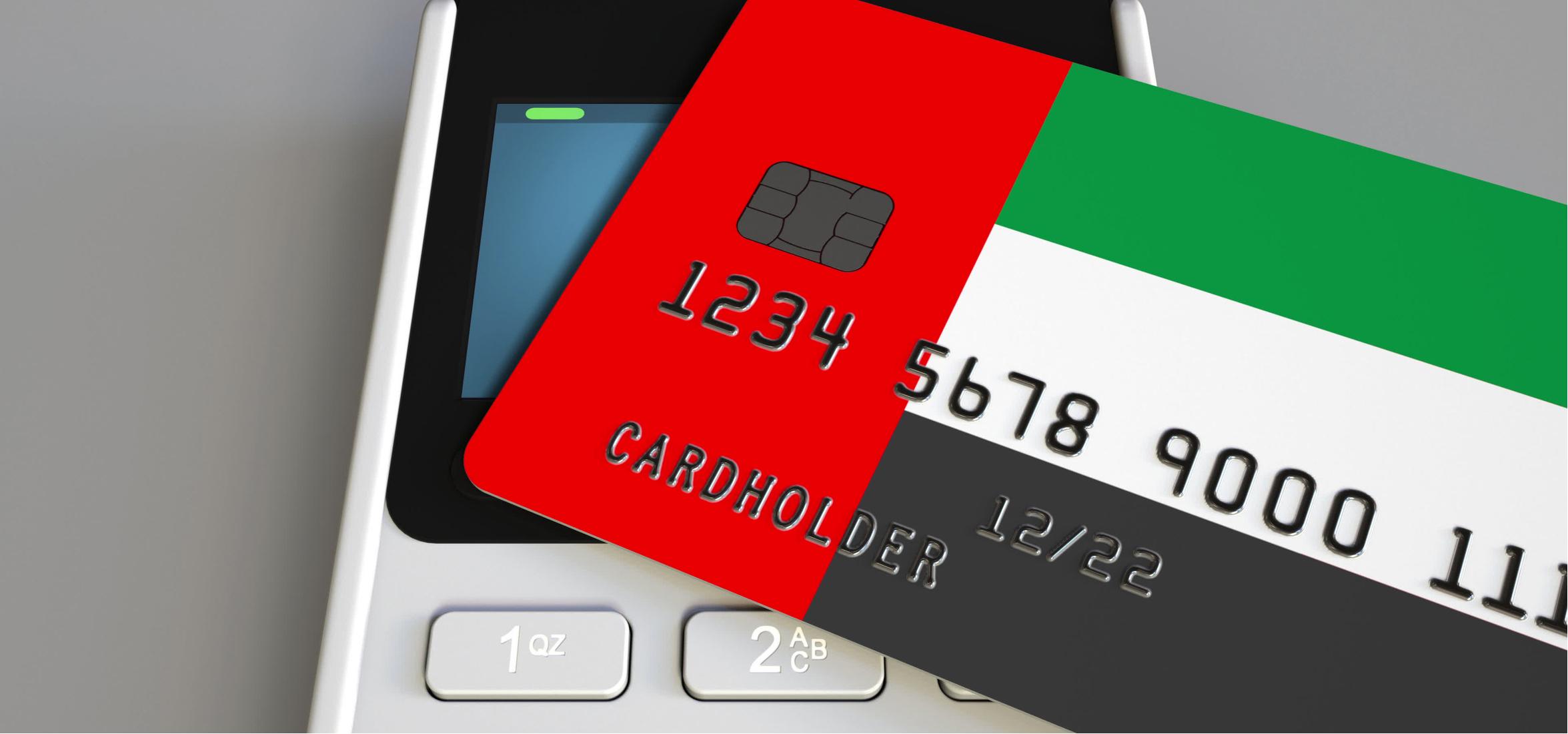
How to open a corporate account
Owners of companies registered in the UAE, both local and foreign, can open a corporate bank account. This is a mandatory requirement for conducting financial activities, including accepting payments, paying for services, maintaining accounts and settling accounts with suppliers. A valid trading licence issued by the relevant authorities in the company's jurisdiction is a key requirement for opening a corporate account. Banks require a comprehensive set of documents to verify the authenticity and transparency of the business.
Typically, this includes the original or certified copy of the passport of the owner or authorised person, a valid Emirates ID, a certificate of company registration, a valid trading licence, a resolution of the board of directors indicating those authorised to manage the account, the organisation's legal address, the founding documents (memorandum and articles of association) and bank statements confirming the movement of funds in current or similar accounts in other jurisdictions. Some banks may request additional documents, such as a UAE office lease agreement, a business plan, information about customers and suppliers, or confirmation of business activity for the last 6–12 months. These measures are aimed at combating money laundering and ensuring compliance.
The minimum opening balance is usually 25,000 dirhams, but this amount can be higher, especially for non-resident or offshore companies. The time required to open a corporate account varies from two to four weeks. This depends on the company's jurisdiction, how complete the documents are and the selected bank's internal policy. If all requirements are met, the process can be completed within 10 business days. However, if additional requests arise or a more in-depth analysis of the client is required, the timeframe may be extended.

Modern technologies: banking services in one click
The digitalisation of the banking sector in the UAE has reached a high level. Every major financial institution has its own mobile app and online banking platform, enabling customers to open and manage accounts 24/7. Transfers, currency conversion, bill payments and transaction tracking are all available via intuitive interfaces. This is especially convenient for residents who value mobility. Users can complete the entire verification process without visiting a branch by downloading the app and uploading their Emirates ID. The card and, if required, cheque book will be delivered to the specified address within a few days.

But why are account applications sometimes rejected, and how can an account be closed if necessary?
Despite UAE banks' loyalty to foreigners, account applications are often rejected. The main reasons are incomplete documentation, the questionable origin of funds or a lack of transparency regarding the purpose of opening the account. In case of refusal, the bank is not obliged to explain the reasons, in line with the enhanced control policy to combat financial violations. If you want to close your account, you can do so in person at a branch or remotely by email.
First, the balance must be cleared in full and all debts paid off. After that, you need to fill out an application form, and within 2–3 business days, the account will be closed. There is usually no commission, but if the account was opened recently, a fee of around 100 dirhams may be required.
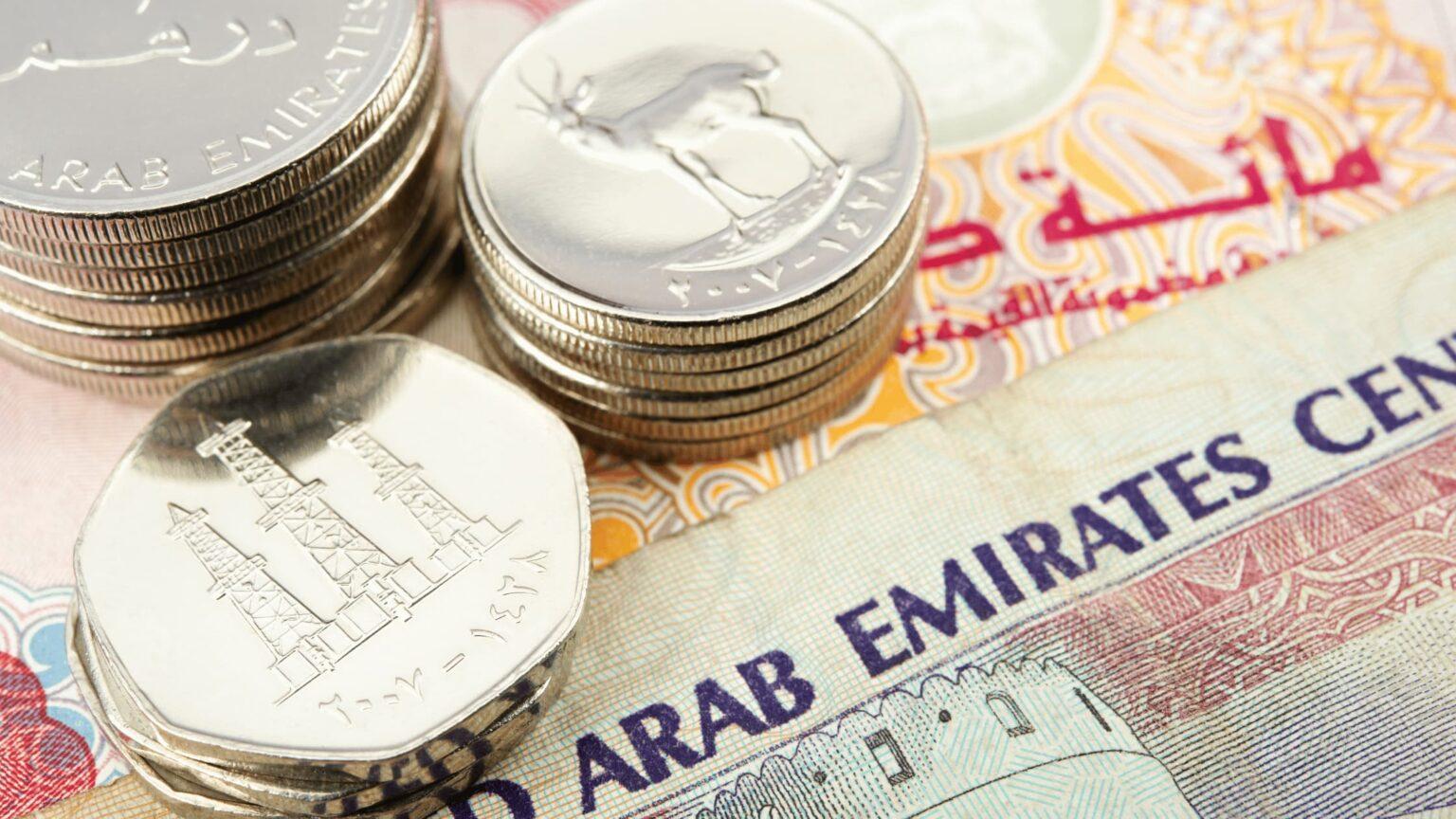
Having a residence permit greatly simplifies interaction with the bank
You can obtain one, for example, by investing in UAE real estate. In 2025, the minimum investment required for a two-year residence permit is 750,000 dirhams (approximately 204,000 dollars), and 2 million dirhams for a 10-year permit. A residence permit allows you to easily open a bank account and take advantage of tax benefits such as no income, dividend or capital gains tax. Residents also have access to a wider range of financial products and loyalty programmes, as well as the ability to use banking services remotely while outside the country.
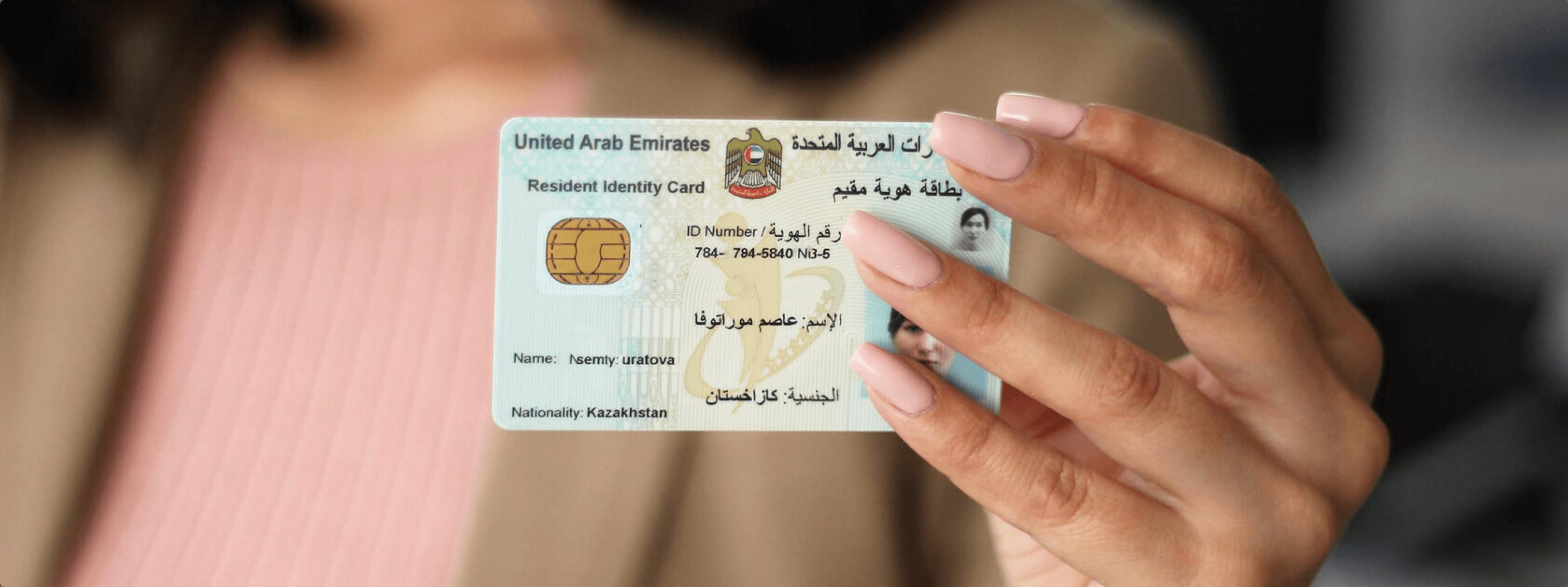
International transfers: simple and unlimited
One of the main advantages of UAE banks is the ability to transfer money abroad without any restrictions. Thanks to the IBAN system and extensive partnerships with banks around the world, transfers are fast and incur minimal fees. Those looking for more favourable terms can use specialised platforms such as Wise, XE or CurrencyFair, which offer services in dozens of countries at competitive rates.
There are no currency controls in the UAE, meaning residents and non-residents can freely manage their funds without fear of restrictions on transfers or replenishing accounts abroad.
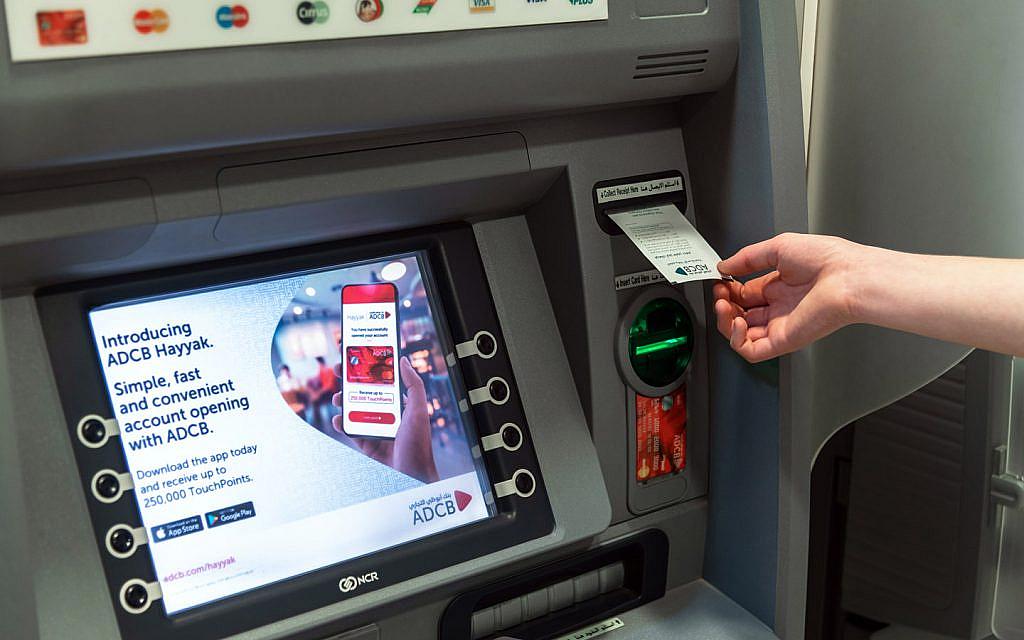
Opening a bank account in the UAE is a strategic decision that can be the first step towards managing your capital freely at an international level. Whether you are an investor, an entrepreneur, or simply looking for a safe financial haven, UAE banks are ready to become your reliable partner.

